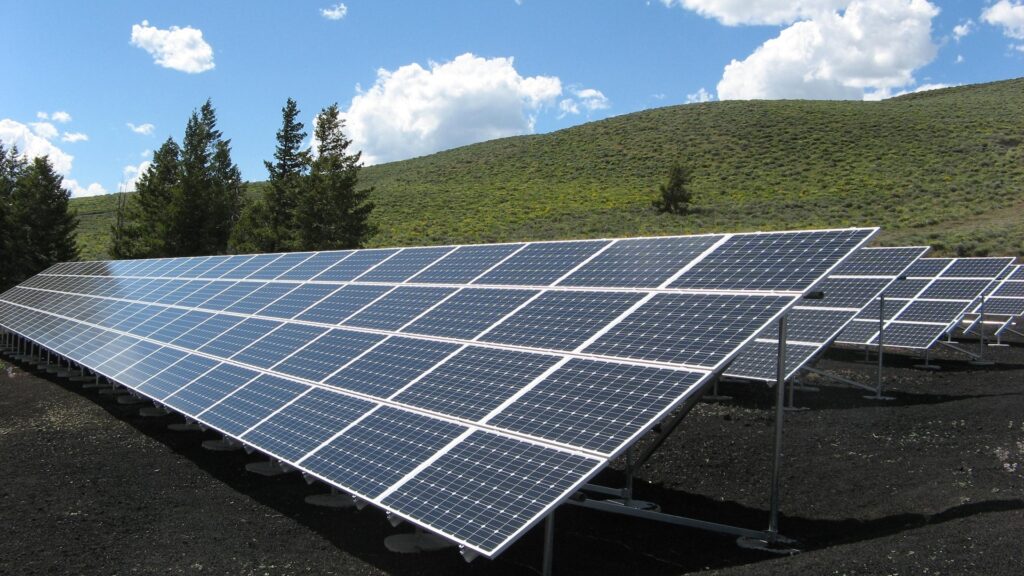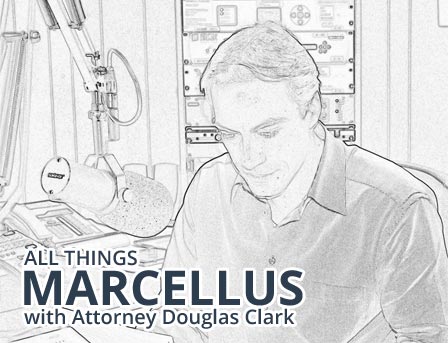
On June 14, 2022, the Pennsylvania House of Representatives passed HB 1161 with broad, bipartisan support. The bill, referred to in its text as the Pennsylvania Local Solar Program Act, represents a significant step forward in the availability of solar energy to consumers and communities across Pennsylvania. As the energy economy of Pennsylvania transitions more toward renewable, carbon negative energy sources, many interested Pennsylvania landowners have been left out of our growing green economy. Whether for issues of space, cost, or local power generation limitations, those who seek to limit their carbon footprint or take part in the development of solar energy green technology have been left behind in the rising tide of innovation. Pennsylvania’s Local Solar Program Act aims to address this exact issue and allow for community solar development.
The Local Solar Program Act will establish procedures and programs by which local power providers will provide an option for subscribers to draw one hundred percent of their energy from solar developers with whom they are under contract. By contracting with Solar Energy companies (the “developers”), local energy distributors will receive energy credits which aid in their regulatory compliance. In other words, the Act seeks to incentivize your local power company to contract with the solar developers that are quickly spreading across the Commonwealth and attempting to lease Pennsylvania property owners into long term Solar Leases. Not only would this increased energy development serve as a boon to Pennsylvania’s economy and environment but would also expand access to green technology beyond those fortunate enough to have the space and money to construct a private solar array. This increased solar capacity will be made available to all residential and most commercial energy subscribers, including those on their power company’s customer assistance programs, so that low-income Pennsylvanians will have the opportunity to join in the solar power wave—and all at a secure solar rate
With access expanding to people with smaller homes, apartments, or in Homeowner’s Association that would forbid solar panel installation, we can expect that Solar Developers will ramp up their efforts in negotiating with landowners to construct local solar facilities. This is especially true given that the bill provides for a robust and clear process for connecting these facilities to your local grid, and because interest in solar and renewable energy generally is constantly rising across Pennsylvania.
After a procedural process, HB 1161 passed the House margin of 167 yeas to 33 nays. HB 1161 now sits in front of the PA Senate Committee on Consumer Protection, putting it once major step closer to becoming a law of the Commonwealth. In the meantime, expect solar energy in Pennsylvania to only grow. It is vital that all Pennsylvania landowners, regardless of the size of their property be fully prepared and protected to maximize any opportunity they may have to participate in Community Solar Development. To get a deeper look at the contracting and development process, check out our FAQ page to get yourself started and explore our information on the various terms we list there.
As the new field of solar power law rapidly develops, landowners will unfortunately be uninformed, unprepared and outgunned by solar companies presenting complicated solar leases drafted by solar energy attorneys with vast experience from their work in other states where solar development is more advanced. Any Pennsylvania landowner considering a Community Solar lease should immediately put down the complicated company presented solar lease agreement and call Attorney Doug Clark at The Clark Law Firm, PC today at 570-307-0702. Doug has negotiated Solar Lease Agreements for clients across the state of Pennsylvania and he can help you. Do not attempt to negotiate a community solar agreement on your own, call Attorney Doug Clark now at 570-307-0702 and let Doug’s experience maximize your financial compensation and protect you from potential future liability.




